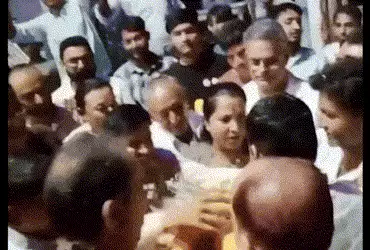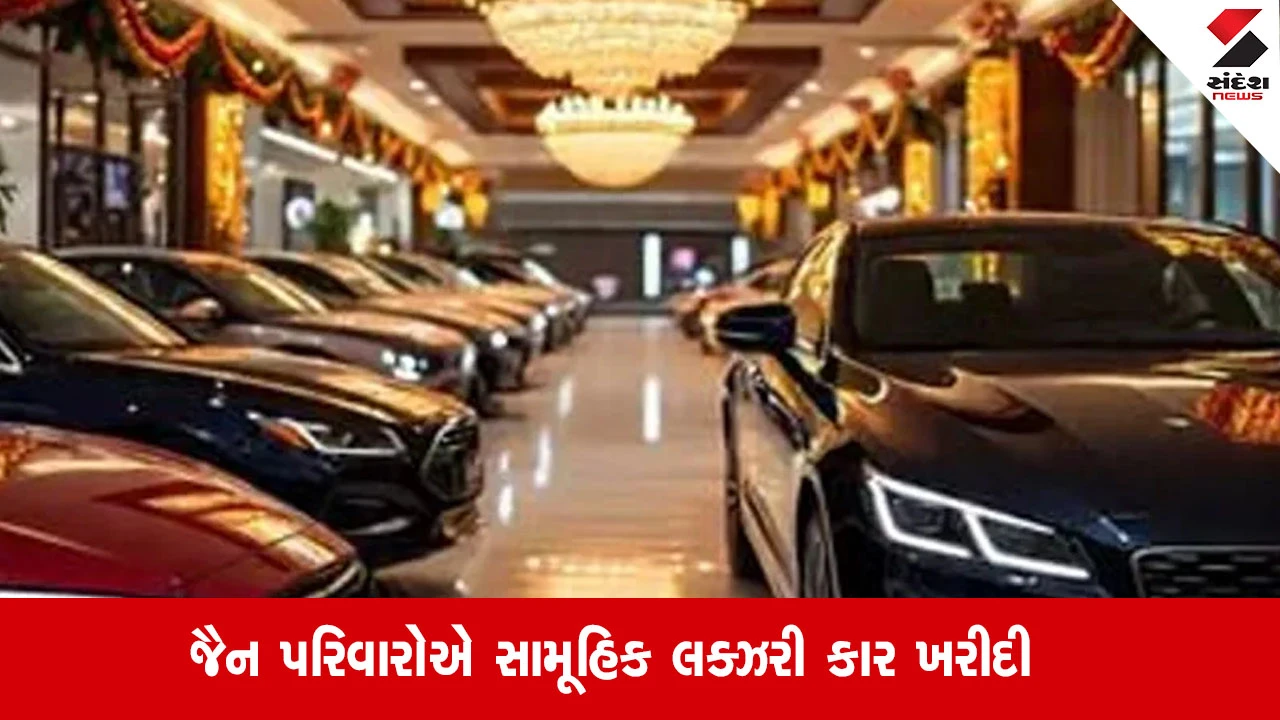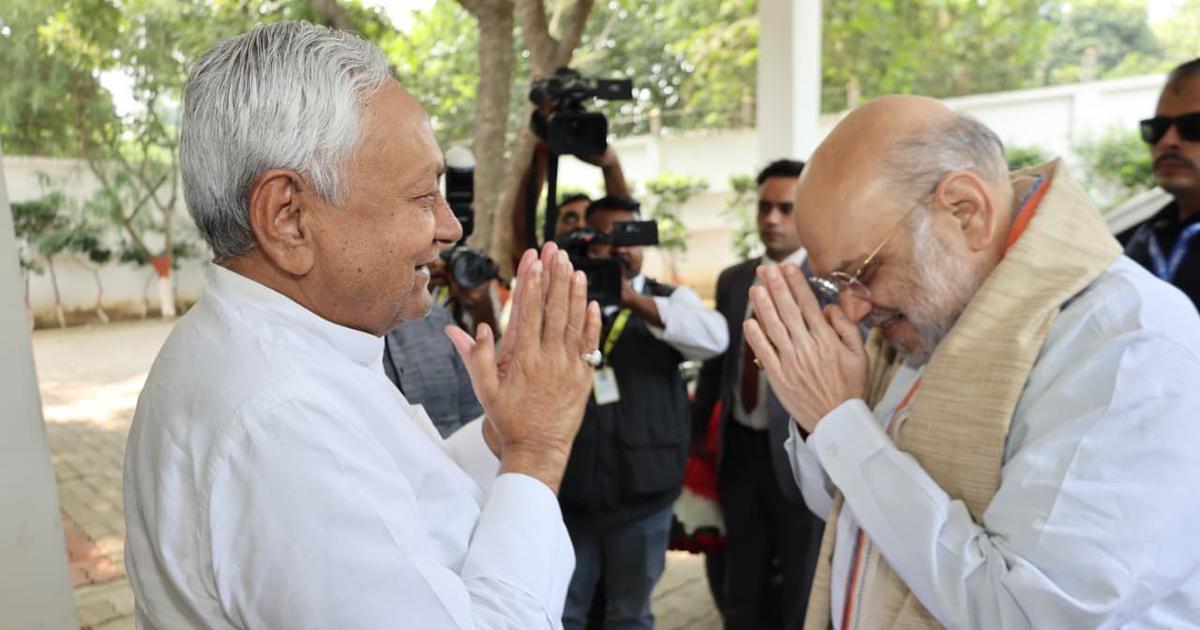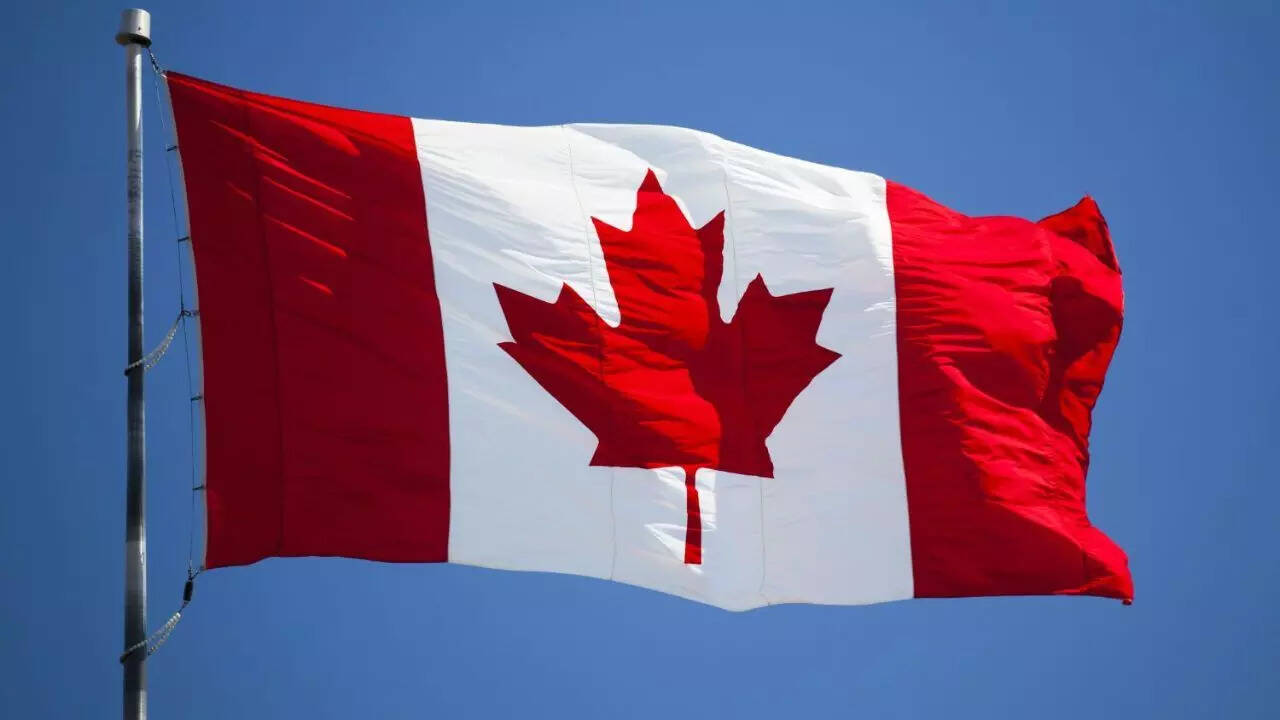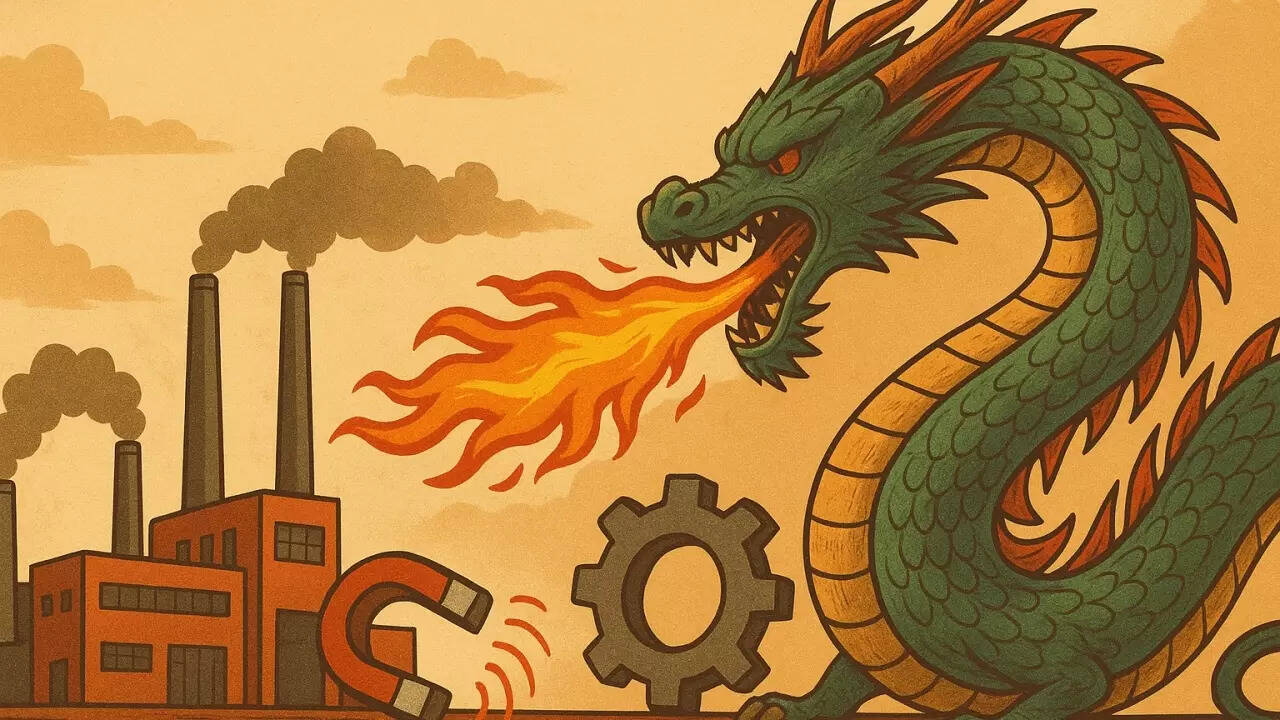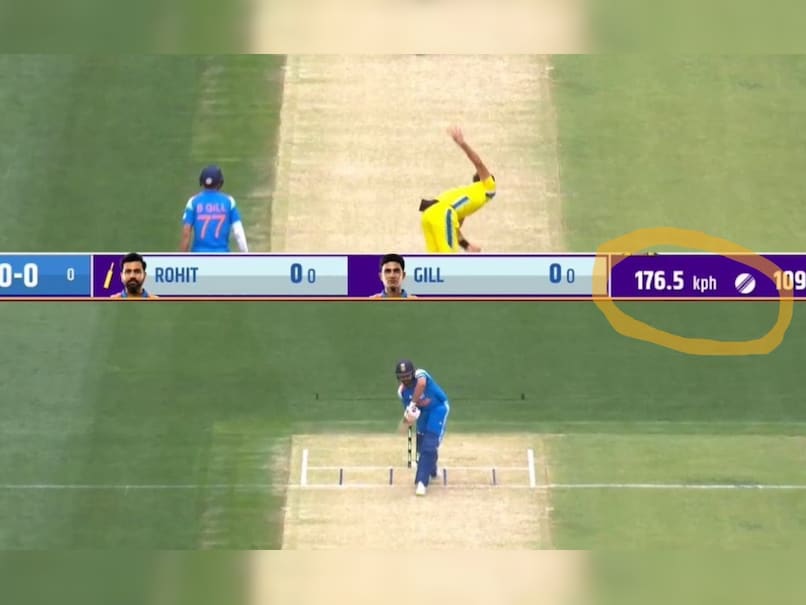After a year of hope and success, South Africa’s coalition government could fall apart

Join our WhatsApp Community to receive travel deals, free stays, and special offers!
- Join Now -
Join our WhatsApp Community to receive travel deals, free stays, and special offers!
- Join Now -

South Africa’s multi-party government of national unity (GNU), which emerged in the wake of the May 2024 elections, marked a turning point in the country’s political history. It took South Africans back to the 1990s, when the country showed that political opponents could find common cause.
The formation of the government of national unity expressed the hope that the country could do it again.
But just nine months into its term, the good will and pragmatism which marked its formation have worn thin. A major budget impasse between the two major actors, the African National Congress (ANC) and the Democratic Alliance (DA), threatens the coalition.
South Africans have long been accustomed to viewing the world of politics, governance and bureaucracy through the lens of a top-down “strong” state – a vicious apartheid state, an East Asia style developmental state, or a collusive “predatory state”.
But as recent analyses we co-authored with others have detailed, the vision of a top-down politically cohesive state no longer fits South Africa’s realities.
The government of national unity promised the hope that the country was embracing an approach that is key to success for almost all inclusive constitutional democracies. That is – abandon “all or nothing” confrontation, and instead pursue pragmatic bargains to achieve mutually agreeable policy outcomes.
At the...
What's Your Reaction?
 Like
0
Like
0
 Dislike
0
Dislike
0
 Love
0
Love
0
 Funny
0
Funny
0
 Angry
0
Angry
0
 Sad
0
Sad
0
 Wow
0
Wow
0
